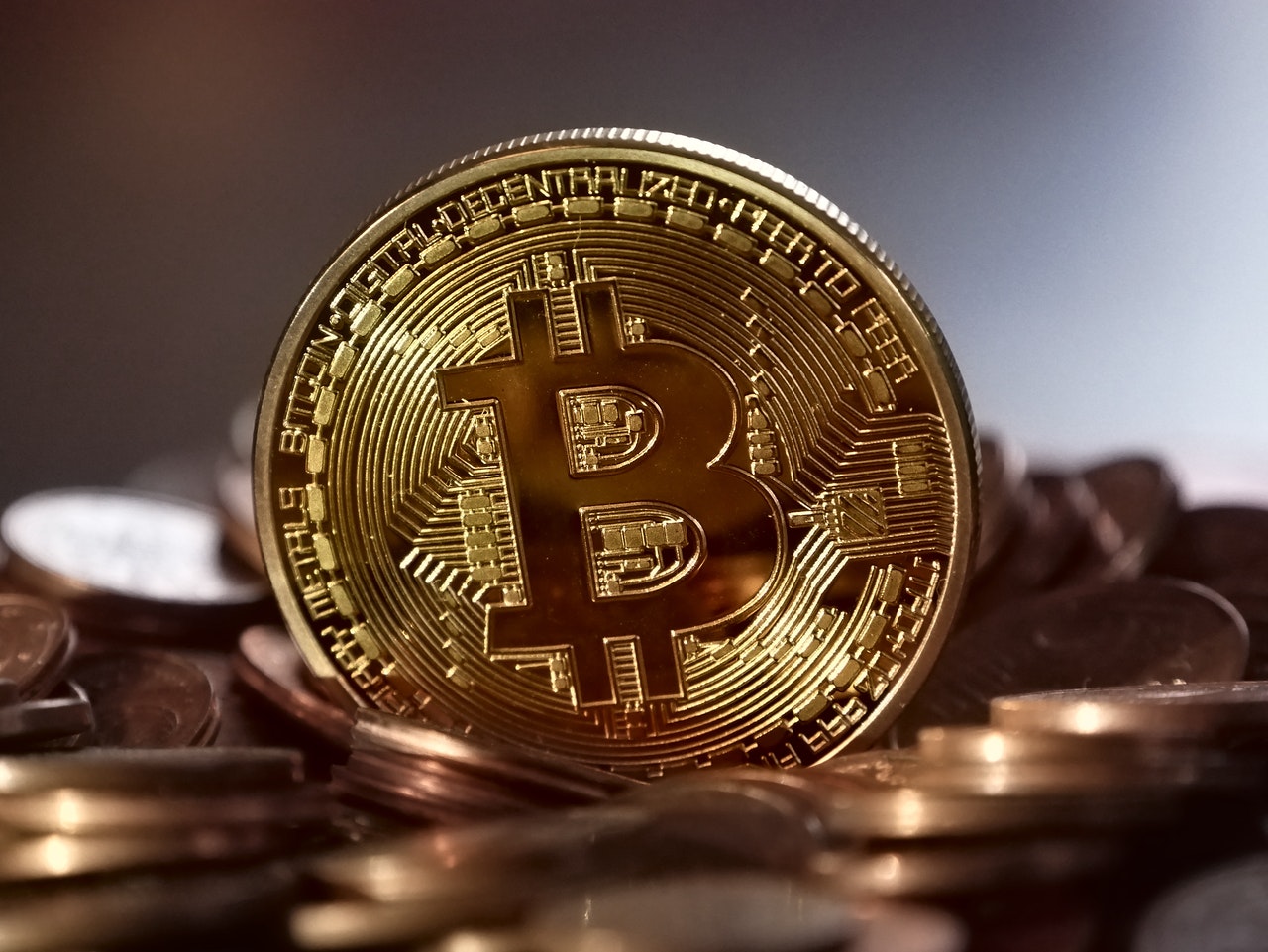Since its inception in 2009, Bitcoin, as well as the numerous cryptocurrencies that followed, has been fraught with controversy. While Bitcoin has been extensively criticized for its volatility, usage in criminal transactions, and excessive use of electricity to mine it, some people, particularly in the developing countries, perceive it as a safe haven amid economic storms.
However, as more individuals turn to cryptos as an investment or a lifeline, these difficulties have manifested in a slew of new regulations on how they can be used. The legal position of Bitcoin and other altcoins (alternative currency to Bitcoin) varies significantly from nation to country, with certain relationships still being established or changing often.
Some governments have imposed restrictions on how Bitcoin can be used, with banks prohibiting their customers from transacting in the cryptocurrency. Other governments have explicitly prohibited the usage of Bitcoin and cryptocurrencies, imposing stiff penalties on anyone who transacts in them. These are the countries where Bitcoin and other altcoins have a particularly tense relationship.
Algeria
Algeria has banned the usage of bitcoin since enacting a finance law in 2018 making it unlawful to buy, sell, use, or keep virtual currencies.
Bolivia
Since 2014, Bolivia has imposed a blanket ban on the use of Bitcoin. The Bolivian Central Bank issued a resolution prohibiting it, as well as any other currency not authorized by a country or economic zone, from being used in Bolivia.
China
Throughout the year of 2021, China will intensify its crackdown on cryptocurrencies. Chinese officials have frequently warned its citizens to stay away from the digital asset market, and they have cracked down hard on mining and currency exchanges both in China and abroad.
On August 27, Yin Youping, the Deputy Director of the People’s Bank of China’s (PBoC) Financial Consumer Rights Protection Bureau, referred to cryptos as speculative assets and advised people to “guard their pockets.” Efforts to destabilize Bitcoin, a decentralized currency that is independent of governments and institutions, are often interpreted as an attempt by the Chinese government to launch its own e-currency.
The PBoC wants to be one of the first major central banks in the world to establish its own digital currency, allowing it to keep a closer eye on its citizens’ transactions. The PBoC went even further on September 24, outright banning bitcoin transactions in the country.
Colombia
Financial institutions in Colombia are not permitted to help with Bitcoin transactions. were advised in 2014 by the Superintendencia Financiera not to “protect, invest, broker, or manage virtual money operations.”
Egypt
In 2018, Egypt’s leading Islamic advisory body, Dar al-Ifta, issued a religious ruling defining Bitcoin transactions as “haram,” which is illegal under Islamic law. While not legally enforceable, Egypt’s banking rules were modified in September 2020 to make it illegal to trade or promote cryptos without a license from the Central Bank.
Indonesia
From January 1, 2018, Bank Indonesia, the country’s central bank, published new regulations prohibiting the use of cryptocurrencies, including Bitcoin, as a form of payment.
Iran
The Iranian regime has a complicated connection with Bitcoin. Iran has turned to the profitable industry of Bitcoin mining to finance imports in order to avoid the worst effects of punishing economic sanctions. While the Central Bank restricts the trading of cryptocurrencies created outside of the country, it has provided incentives to encourage Bitcoin mining within the country.
Iran is home to about 4.5 percent of the world’s Bitcoin mining, which could generate over $1 billion (€843 million) in revenue, according to blockchain analytics firm Elliptic. Iran has provided inexpensive energy to licensed miners in order for the crypto business to thrive, but all mined cryptos must be sold to the Central Bank.
Unlicensed mining, on the other hand, drains more than 2GW from the national grid every day, resulting in power shortages. As a result, Iranian officials have imposed a four-month ban on Bitcoin mining, which will last until September 22.
Iraq
Despite authorities’ best efforts to prevent their usage, cryptocurrencies are growing in popularity in Iraq. The Iraqi Central Bank has been especially antagonistic, issuing a declaration barring their use in 2017 that is still in effect today. In early 2021, the Kurdistan regional government’s Ministry of Interior released similar guidelines to prohibit money brokerages and exchanges from dealing in cryptos.
Russia
While Bitcoin is not illegal in Russia, it is the subject of a long-running debate. In July 2020, Russia established its first crypto-regulation regulations, designating bitcoin as taxable property for the first time.
Russian civil personnel are likewise prohibited from owning any crypto assets under the rule, which took effect in January of this year. Russian President Vladimir Putin has connected bitcoin to criminal activities on several occasions, advocating for increased scrutiny of cross-border crypto transactions in particular.
The prosecutor general unveiled new proposed law in July that would allow authorities to seize cryptos considered to have been obtained illegally, noting their usage in bribery.
Turkey
As the Turkish lira fell in value, many people in Turkey turned to Bitcoin. With some of the world’s highest levels of use, rules arrived quickly this year, just as inflation spiked in April. The Central Bank of the Republic of Turkey released a decree on April 16, 2021, prohibiting the use of cryptocurrencies, including Bitcoin, to pay for goods and services, either directly or indirectly.
The Turkish president, Recep Tayyip Erdoan, went even further the next day, issuing a decree adding cryptocurrency exchanges to a list of businesses subject to anti-money laundering and anti-terrorism financing regulations.
Vietnam
The State Bank of Vietnam has declared that the issuance, sale, and use of Bitcoin and other cryptos as a form of payment is prohibited, and that violators will face fines ranging from 150 million VND (€5,600) to 200 million VND (€7,445). The government, on the other hand, does not prohibit Bitcoin trading or holding as an asset.

